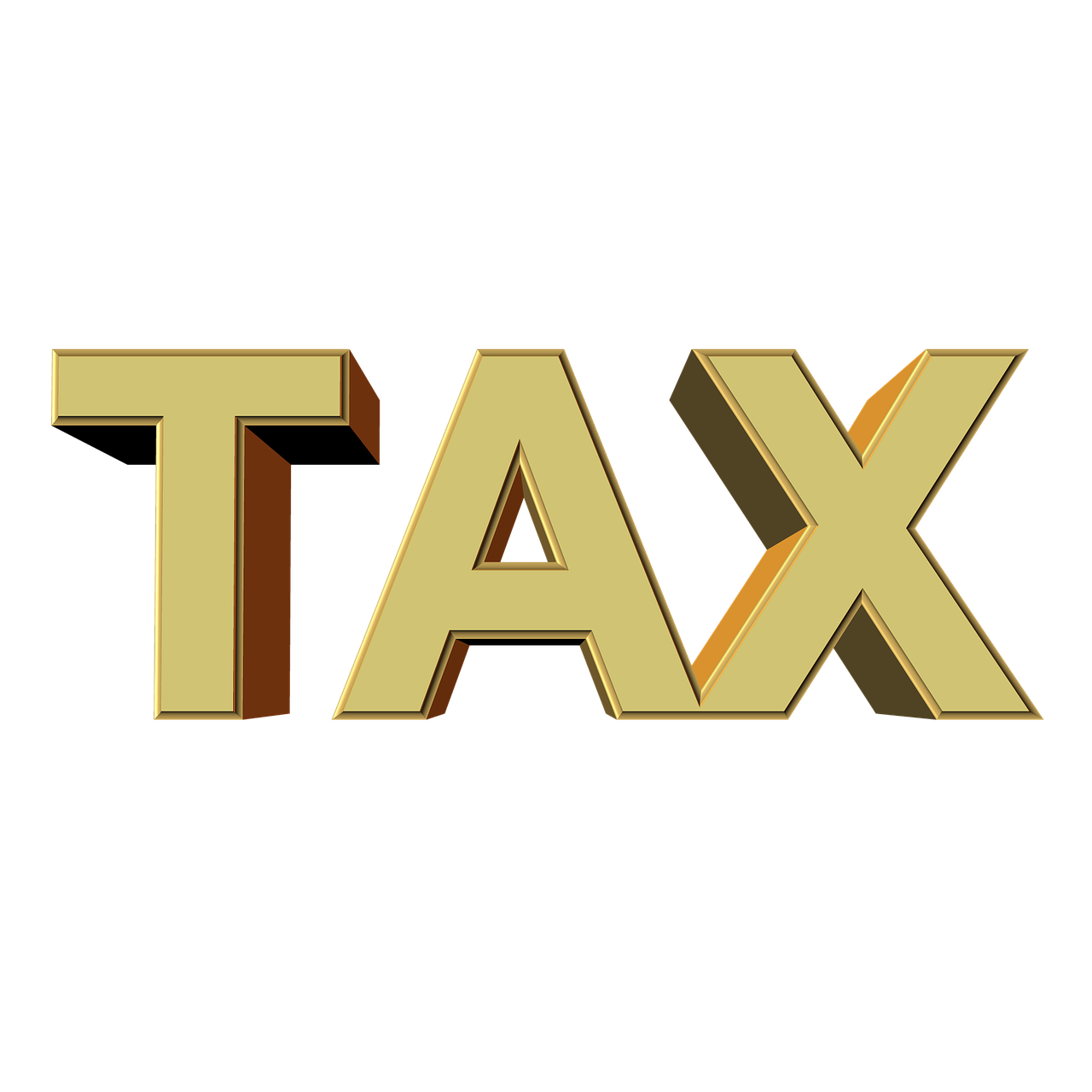Navigating the complex world of cryptocurrency taxation in Canada can be as tricky as a mogul ski run. As a crypto trader, I’m always on the lookout for ways to keep my tax bill as low as possible. Understanding how to leverage crypto losses and stay on the right side of the Canada Revenue Agency (CRA) is key to maximizing my investments.
In this article, I’ll dive into the intricacies of Canadian crypto taxation. I’ll explore how savvy planning and strategic reporting can help you carry losses forward or even backward, potentially reducing your tax liability. Whether you’re a seasoned trader or just starting, there’s something here to help you keep more of your hard-earned crypto gains.
Understanding Crypto Taxes in Canada
Types of Crypto Taxation in Canada
Navigating through the crypto taxation system in Canada requires a grasp on the types of taxes that can apply to digital currency transactions. In Canada, there are two main categories of crypto taxation: business income tax and capital gains tax. It’s pivotal to distinguish between business activities and personal transactions as this will determine how you’re taxed.
If you’re a professional trader or if your activities are deemed to be commercial in nature, your crypto gains are likely to be taxed as business income. Under Canadian tax law, this means that 100% of your profits are taxable. Business crypto activities need to be reported using Form T2125, which is vital for disclosing details about your revenue and expenses involved in your crypto endeavours.
On the other hand, for casual investors, when you sell crypto for a profit, it’s typically considered a capital gain. Only 50% of capital gains are taxable in Canada which can significantly reduce your tax bill compared to business income tax rates. You’d report these gains on your Schedule 3 – Capital Gains Form.
Staying informed on the nature of your transactions and the correct forms for reporting is essential. That’s why resources like the Canada Revenue Agency’s website provide necessary forms and guidelines to help you stay compliant.
Taxable Events in Crypto Trading
A taxable event in the realm of crypto occurs whenever a transaction results in a new obligation to the CRA. I’m aware that it’s important to keep meticulous records of transactions since crypto tax is calculated based on the fair market value of the cryptocurrency at the time the taxable event happens.
Here are some key actions that classify as taxable events:
- Selling cryptocurrency for fiat currency
- Trading one cryptocurrency for another
- Using cryptocurrency to buy goods or services
- Earnings from crypto mining and staking
For Canadian tax purposes, even though the act of holding cryptocurrency or transferring it between my own wallets does not trigger a taxable event, the moment I conduct a transaction that crystallizes a gain or loss, it’s tax time. Suppose I use Bitcoin to purchase a new laptop; the CRA sees this as a disposition of property, which could entail a capital gain or loss that must be reported.
Managing crypto taxes isn’t just about knowing your taxable events; it’s also about understanding the non-taxable ones. For instance, receiving crypto as a gift or merely moving it between your wallets doesn’t bring about tax implications – a nuance that perhaps not every trader realises.
For those who are still finding their feet in the niche of crypto taxation, or if you’re uncertain where your activities lie, resources like the in-depth guide at the CRA can clarify the nuances of taxable and non-taxable events. Remember, while the CRA doesn’t tax simply holding cryptocurrency, the actions you take with that crypto could very well bring about tax obligations.
I ensure to document every transaction meticulously and review the guidelines on the CRA’s website to determine the next steps in my tax preparations. For more in-depth insights, I often turn to comprehensive articles that detail what crypto activities are considered taxable and guide me through minimising my tax liability in Canada. By staying proactive and educated, I can navigate tax season without any unexpected surprises.
Tips for Minimizing Taxes in Crypto Trading in Canada
Keep Accurate Records of Transactions
I can’t stress enough the importance of meticulous documentation for all your crypto transactions. Whether I’m buying, selling, or exchanging digital currencies, I make sure to keep detailed records, including dates, amounts, and what the transaction was for. This not only simplifies my tax reporting but also supports my claims in case of any disputes with the Canada Revenue Agency. For those seeking guidance on recording transactions, the CRA’s website provides helpful information.
Make Use of Capital Losses
Capital losses are surprisingly advantageous; they can offset capital gains and thus reduce overall tax liability. If I’ve got any losing crypto investments, I’ll use them to counterbalance the gains. This strategy requires precise record-keeping to ensure I accurately report gains and losses on my tax return. Just remember, in Canada, only 50% of the net capital loss can be used to offset capital gains.
Take Advantage of Tax Deductions and Credits
I always keep my eyes peeled for tax deductions and credits that could apply to my situation. For instance, any costs incurred from managing my crypto investments, such as safekeeping fees or professional advice, might be deductible. It’s important to review the CRA’s guidelines or speak to a tax advisor to determine which expenses can be claimed.
Consider Holding Periods
Another aspect I consider is the length of time I hold onto my cryptocurrencies. By playing the long game and holding assets rather than trading frequently, I may benefit from more favorable tax treatment on gains. It’s a balancing act between investment strategy and tax planning, which requires eyeing the market trends while being mindful of tax implications.
Consult with a Tax Professional
Given the complexity of crypto taxes, I often consult with a tax professional to navigate the nuances. They can offer personalized advice tailored to my portfolio and help me implement a tax-efficient plan. Consulting a reputable source, such as a lawyer specialising in cryptocurrency taxation, provides me peace of mind that I’m complying with the regulations while maximizing tax benefits.
Throughout my crypto journey, ensuring that I’m well-informed and compliant has been key. By leveraging resources like the CRA’s crypto taxation guidelines and insights from industry experts, I’m able to strategize my trading moves and minimize tax liabilities. For detailed information on filing crypto taxes, it’s worth checking out the comprehensive guide provided on my “How to File Taxes” page.
The Importance of Tax Compliance in Crypto Trading

When I delve into the world of crypto trading, I can’t ignore the critical role that tax compliance plays. Navigating Canada’s tax obligations isn’t just about saving money; it’s also about upholding the law and securing my financial future.
Accurate Record-Keeping Is Non-Negotiable
To start, I ensure all my transactions are meticulously recorded. This isn’t merely a suggestion; it’s a regulatory necessity. The Canada Revenue Agency (CRA) mandates that every crypto transaction—even the most minuscule—is documented. Keeping Records of dates, values in CAD, and the purpose of each transaction is paramount. Without this, I risk misunderstandings that could result in hefty fines, or worse, legal action.
Understanding the Tax Implications
The intricacies of crypto taxation can seem daunting, but I’ve found that a deeper understanding of the rules greatly benefits tax management strategies. For instance, should I hold a cryptocurrency for more than a year, it often qualifies as a capital gain or loss upon sale or exchange, which has different tax implications compared to short-term trading.
Strategically Using Tax-Advantaged Accounts
My strategy includes utilizing Tax-Free Savings Accounts (TFSA) and Registered Retirement Savings Plans (RRSP) which can shelter some investments from taxes. However, the specific rules surrounding these accounts mean that not all crypto investments are eligible, so appropriate research or advice is crucial.
Stay Informed to Stay Compliant
In a rapidly evolving financial arena, staying informed is non-negotiable. With every change in legislation or there’s an update on how the CRA wishes to treat crypto assets, adapting becomes necessary. Check out this page to delve deeper into the various ways to minimize crypto trading taxes in Canada. By educating myself and consulting with professionals when needed, I can navigate the complexities of crypto taxation and confidently manage my investment portfolio.
Conclusion
Navigating the crypto taxation landscape in Canada can be complex but with the right approach, you can minimize your tax liabilities. Keeping meticulous records and understanding the tax consequences of your trading strategies are fundamental steps. Remember, while tax-advantaged accounts offer benefits, it’s essential to verify the eligibility of your crypto investments. As the crypto market and tax laws evolve, staying informed is key. By doing so, you’ll be well-equipped to trade crypto while remaining compliant with Canadian tax regulations.
Frequently Asked Questions
Is Shakepay banned in Canada?
Shakepay is not banned in Canada and operates with regulatory compliance, being licensed by FINTRAC and registered as a Restricted Dealer across the nation.
Do I need to report gifted money to CRA?
No, you don’t need to report gifted money on your current year’s income tax and benefit return, provided it qualifies as an eligible gift.
How do I pay taxes on crypto in Canada?
In Canada, you must treat cryptocurrencies and NFTs as business income or capital gains for tax purposes. For business transactions involving crypto payments, GST/HST may apply, and you must calculate and remit the correct taxes based on transaction timing.
Can CRA track crypto transactions?
Yes, the CRA can track transactions over $10,000. Money Services Businesses in Canada are required to report such transactions to the CRA since January 1, 2022.
Can you hold crypto in TFSA?
You cannot hold cryptocurrencies directly in a TFSA because they are unregulated. However, you can invest in cryptocurrency ETFs like the Purpose Bitcoin ETF, which is permitted within a TFSA.


